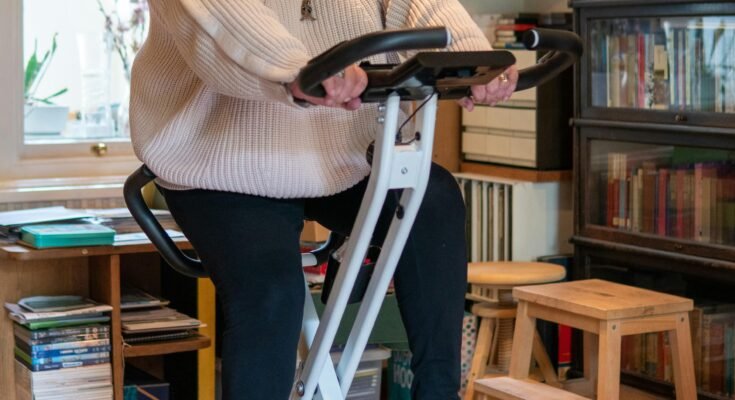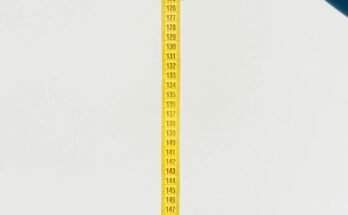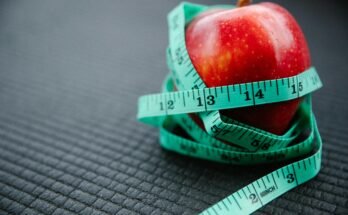
Table of Contents
How to Lose Weight Without Counting Calories or Starving 10 Lifestyle Changes for Natural Weight Loss
Calorie counting methods and restrictive diets can be quite hateful and undesirable, prompting people to drop their weight-loss attempts. The beautiful thing is that you need not catch every morsel or deprive yourself to lose weight. You will lose weight naturally by making simple lifestyle changes while living a life that is healthier and more balanced. Here are ten simple tricks to help you lose weight without counting calories or starving yourself.
1.Whole Food First
Great! One of the better ways around calorie counting is to eat whole, minimally processed foods. Whole foods-feeding fruits, vegetables, whole grains, and lean proteins-all supply lots of nutrients and fibers that would help you feel satiated and ultimately satisfied. Compared to the latter, they have fewer added sugar, unhealthy fat, and preservatives.
2.Protein and Fiber-Focus Meals
Both protein and fiber are scientifically known for satiating to help you eat less while feeling deprived. Protein sources such as eggs, fish, lean meat, tofu, and legumes keep you feeling full longer and help maintain muscle mass. On the other hand, fiber-rich foods, such as vegetables, fruits, and whole grains, slow digestion down while stabilizing blood sugar and triggering a feeling of fullness. Serve with protein and fiber for optimum energy and satiety.
3.Practice mindful eating
What is mindful eating? It is simple to think about your hunger and fullness cues; eat very slowly and enjoy each mouthful you take. By putting the focus back on your food and away from distractions, such as TV or mobile phones, you can stop yourself from overindulging. Mindful eating may assist you in picking up and tuning in to your body’s cues, stopping when you are satisfied-not stuffed.
4.Drink more water during the day
Water is an essential part of metabolism; avoiding hydration can lead to overeating. More often than not, a person confuses thirst with hunger, leading to more food intake where water would suffice. Start each day by having a glass of water and at least eight glasses are recommended daily. One can also spruce it with lemon, cucumber, or mint. Avoid sugary beverages; these are just empty calories.
5.Move more in daily life
No need to go to a gym every day to lose weight. Increasing movement in your daily life while changing small aspects of your life can thus make a difference. Take the stairs, walk during phone calls, find a parking spot far from where you are going and engage in some light stretching breaks. It is in these small bits that a large picture can be painted by keeping you active without planning and executing structured exercise.
6.Sleep well and manage stress
Bad sleep and stress will kill your weight-loss efforts by increasing hunger and cravings-especially for sugary or high-calorie foods. Aim for quality sleep of 7-8 hours. Exercise a few leg stretches in the morning and evening, practice deep breathing exercises, or try simple meditation. Managing stress properly and sleeping well would result in some hormonal balance between hunger and emotional eating.
7.Try Eating More High Volume, Low Calorie Foods
Food that is high in volume and low in calories—including leafy greens, cucumbers, bell-peppers and watermelon—will keep you full without too many calories. These foods generally contain high amounts of fiber and water, making a person feel full faster. Starting each meal with a salad or veggie-based soup helps you, in turn, eat less of the energy-dense foods.
8.Cut Down on Refined Carbs and Sugars
Refined carbs and sugars can cause surges in blood sugar followed by crashes, and when there is a crash, it can leave you hungry again—just think white bread, pastries, candy, soda, and so on. Replace refined carbs with complex carbs such as whole grains, oats, and quinoa, which are digested more slowly and therefore provide you with steady energy that will help stave cravings. Cutting refined carbs or sugars might improve energy levels and moods.
9.Use Smaller Plates and Bowls
A simple but significant trick that can change how much you eat is to downsize your plates and food bowls. Using dishes which are smaller enables you to eat smaller servings without even realizing it. The size of the plate often is correlated to feeling satisfied. Adjusting the size of the plate makes it possible for your mind to feel satisfied with relatively less food.
10.Sometimes Treat Yourself Well-Mindfully
If you self-deny and restrict foods you love too much, later on, the craving will overwhelm you and make it impossible to refrain from indulging, so don’t live with the guilt when you give yourself occasional treats, as long as they are moderated. It’s perfectly fine to have a small dessert or snack two or three times a week. Why-X It means that there is still room for having the preferred food, balanced with the nice effect of not feeling deprived.
Final Thoughts
Weight loss must not come with a niggling thought of calories or times of deprivation; the focus should be on sustainable lifestyle change with natural weight loss. It allows focusing on wholesome, nutritious foods, healthy living, and conscious living. Weight loss involves not really restriction but rather consistency and self-compassion, so start small, celebrate each moment, and be proud of any progress, no matter how tiny. By aligning your mind and heart, your weight should be dropping while feeling better, energized and proud throughout your lifetime.



